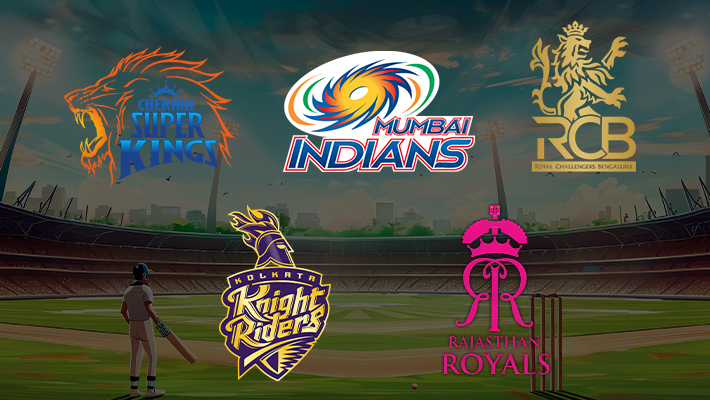
Working on a research paper is not just about writing the actual paper – it evolves in stages that need to be accomplished before you can even get to the writing process. To begin with, you need to choose a research paper topic and formulate a thesis sentence. This thesis statement is the key to your research.
Before forming a thesis, you need to find out what is already there in the existing body of literature. Once this is done, you have to organize your research data and formulate the methodology you will implement during the research process to prove the arguments. Once you are able to execute your methodology and gather your data, you can only start writing your research paper. In the end, the extremely stressful task of citing all the sources mentioned in your research proves to be a real time-buster.
Fortunately, modern technology has made the research process stress-free and open-ended. There are hundreds of tech tools out there that can make your research journey a lot easier than you could ever imagine. Failing to take advantage of modern digital tools for conducting your research is a waste of valuable resources available out there.
Here are a few tech tools that could help make your research stress-free & inclusive:
Google Scholar
Google Scholar is a free research tool made by Google. Google Scholar enables the users to search for academic literature, scientific articles, journals, white papers, and patents across the web at the click of a button. Google Scholar has a well-known database at its disposal that includes articles from the university repositories as well. Google Scholar also alerts when someone else cites your paper. You can also download citations in a variety of formats from MLA, APA to Harvard, Chicago, and Vancouver.
ResearchGate
ResearchGate can be labeled as ‘the Facebook’ for people doing research. ResearchGate has more than 11 million members in its online platform that includes scientists, academics, Ph.D. students, and researchers. Users can create an account at ResearchGate by using a valid institutional ID. Once signed up, users can get updates from their colleagues and research peers with similar interests. Similar to Google Scholar, ResearchGate also lets its users know if someone has cited their paper.
Todoist
It is not easy to work on a research project when you are multi-tasking or meeting multiple deadlines. Fortunately, there are project management tools out there that could help organize your research and minimize the time needed to manage the project. Todoist is one such free online task manager that has a clean and straightforward interface that anyone can figure out. Todoist is available in most of the platforms, and you can use it to make your systematic plan, organize your research, and build your research outline.
CiteThisForMe
If you have completed writing the research paper and now you are being confronted by the heavy-duty task of getting your references in order. In such a situation, CiteThisForMe is the ideal tool for you to get past the finish line. Just type in the ISBN, title of the book, or author, choose the referencing format required, and CiteThisForMe will generate the entry for you in record time.
Plagiarism detector tools
Plagiarism is seen as academic misconduct, as people found to be guilty of plagiarism are severely punished. Plagiarism occurs when the user copies a significant chunk of text previously written by someone else without giving the due credits to the author. Luckily, there are plenty of plagiarism detector software tools out there for you to pick from. These tools can be used to check how much of your text is copied from previously published sources.
Plagiarism Detector, DupliChecker, Plagium, and Plag Tracker are some of the prominent Plagiarism detecting tools available for free online.







